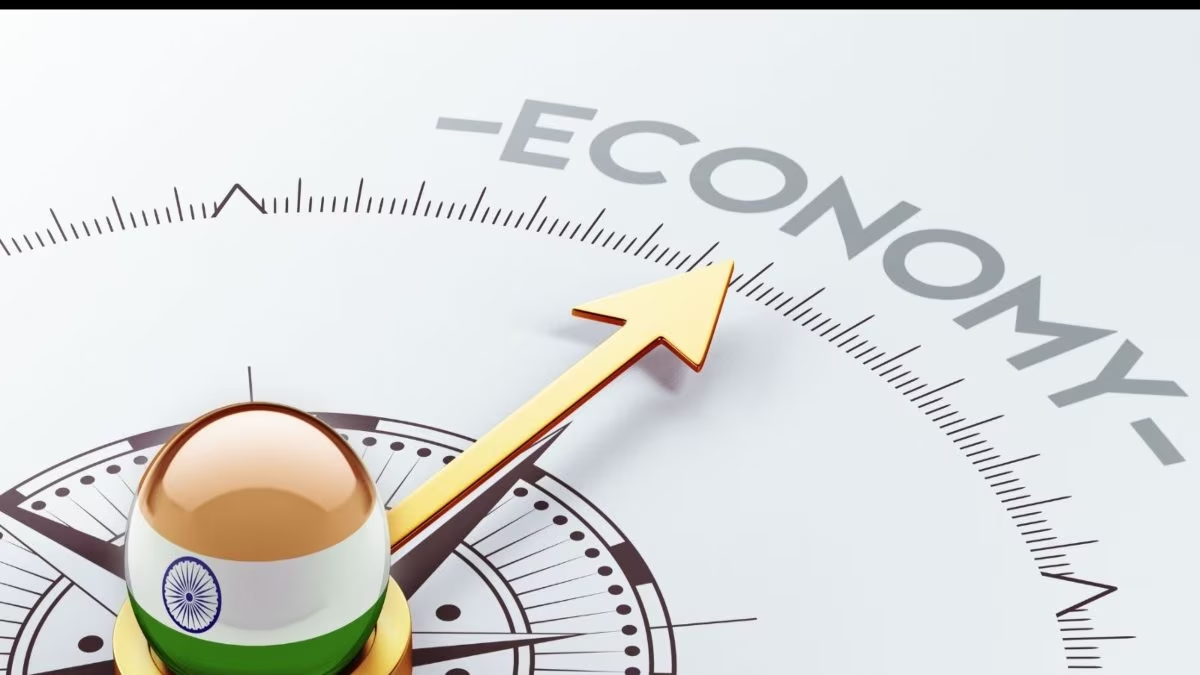If people do not utilize the digital financial services that are offered in the nation, they cannot be financially literate and autonomous. Developing digital financial literacy presents a chance to strengthen the economy.
Which is more crucial, financial literacy or literacy? An answer to this question is crucial for the Indian economy. To prosper in this turbulent, fast changing, and dynamic economy, everyone needs to have a sufficient understanding of finance in order to seize chances when they arise. We must prepare ourselves with financial knowledge, skills, attitudes, and behaviors as we move toward a mature economy in order to become financially literate. Because the growth of an individual influences the development of the family, society, and country, financial literacy will not only empower an individual with regard to their financial stability, future planning, financial decisions, and retirement planning, but it will also empower and develop the entire economy.
The New Education Policy (NEP) 2020 has recognized financial literacy as one of the essential elements for student development and has stated in favor of financial literacy being taught at all levels in an effort to address India’s lower financial literacy rate than that of other developed nations. Young children are India’s future; if they learn basic financial literacy at an early age, they will be able to confidently navigate through unpredictable economic times and turn setbacks into opportunities for growth and success. Financial literacy lays forth the roadmap for India’s advancement and sustainable development.By 2047, India is expected to have achieved economic prosperity, social progress, environmental sustainability, and efficient governance, as part of the Viksit Bharat @ 2047 program. By 2047, India’s GDP is expected to exceed $30 trillion, according to the country’s finance minister, Nirmala Sitharaman. In order to do this, financial literacy is crucial for accomplishing monetary policy goals, which include promoting financial literacy and livelihood. Finance is the sole factor that can lead to economic prosperity.
The world economy has undergone tremendous changes in the last 10 years, starting with the Great Recession and continuing with the more recent disruptions brought on by the COVID-19 epidemic. Those who lacked financial literacy experienced financial hardship, while those with substantial financial knowledge and abilities managed to survive in the market. Due to the entry of private and foreign enterprises into the Indian financial market, globalisation and privatisation had a significant impact on the development of the financial sector.
In these troubling times, the importance of financial literacy has become more widely recognized by the general public. India presently has the fifth-largest GDP in the world, after the United States, China, Germany, and Japan. It passed the UK in 2022. There are sophisticated financial instruments on the market. Financial literacy imparts the skills, confidence, and knowledge necessary to evaluate options and choose the best financial solution for overall financial well-being.
Setting financial objectives for the future is made easier with the chance to export several investment options and diversify portfolios through digital financial investing. Digital financial literacy includes the knowledge and abilities required to use digital financial services responsibly, such as knowing how to use budgeting tools, online banking, cryptocurrency, investing platforms, digital payments, and cybersecurity best practices. Having a solid understanding of digital banking enables people to make wise financial decisions, safeguard themselves against online fraud, and protect themselves.
The rise of fintech has made financial services more accessible. Well-informed people can explore new investment opportunities and optimize their financial strategy with the aid of these tools. The Indian government launched the Digital India program in July 2015, with the goal of transforming the nation into a knowledge-based economy bolstered by digital technology. This marked the beginning of the nation’s digital revolution. Increased productivity, the creation of jobs, financial growth, and an improved Indian economy could result from digital financial literacy.
Although there are many benefits to digital financial literacy, adoption of this knowledge is hampered by a few problems. There are notable disparities in the accessibility of digital technology between urban and rural areas. India’s rural areas contribute to the country’s economy as well, but if they become more financially literate, they could positively accelerate it. The Indian education system needs to take the lead as recommended by NEP 2020 in order to achieve this.
To achieve the objectives of Viksit Bharat, financial and digital financial literacy should be taught in schools and universities at all levels. If people do not utilize the digital financial services that are offered in the nation, they cannot be financially literate and autonomous. Gaining digital financial literacy presents a chance to expand and strengthen the economy.


